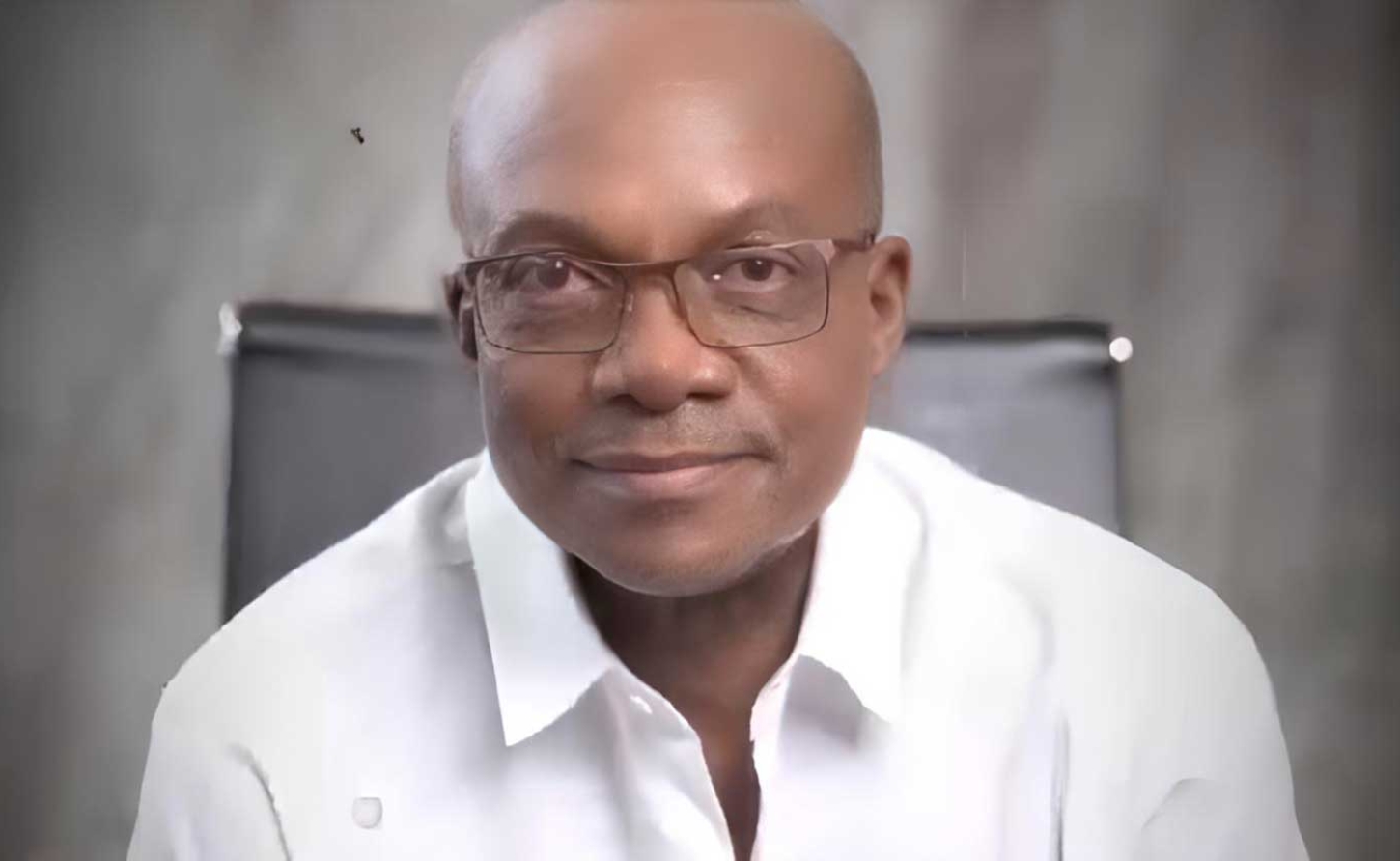ANTIGUA | "Democracy in the Dock: UPP Candidate's Lawsuit Could Reshape Antigua's Electoral Landscape"

ST. JOHN'S, Antigua, October 8, 2024 - In a courtroom drama that could reshape electoral transparency in Antigua and Barbuda, Alister Thomas, the United Progressive Party (UPP) candidate for St John's City West, is locked in a legal battle with the nation's electoral commission.
Thomas, who lost to incumbent Gaston Browne in the 2023 general election, contends that the opacity of the electoral list may have tipped the scales against him.
The High Court hearing on Monday morning, presided over by Judge Jan Drysdale, saw a clash of principles: public interest versus privacy, transparency against security. Thomas, represented by Attorney Chaku Symister, is seeking access to the picture voter list under the Freedom of Information (FOI) Act, a move that has put the Antigua & Barbuda Electoral Commission (ABEC) on the defensive.
At the heart of the dispute lies a simple yet potent request: Thomas wants to compare the picture voter list with its non-pictorial counterpart. This seemingly innocuous demand has been met with steadfast refusal from both the former and current Supervisors of Elections, Dame Lorna Simon and Ian Hughes respectively.
Their denial has propelled Thomas to take the extraordinary step of suing ABEC, transforming a local electoral grievance into a test case for democratic accountability.
The courtroom became a battlefield of legal interpretations, with Symister arguing for transparency and ABEC's counsel, Patricia Forde, staunchly defending privacy.
Symister painted a vivid picture of eroding public trust, suggesting that ABEC's refusal was "destroying the opportunity" to build confidence in the electoral system. His proposal for a redacted version of the list stood as a compromise between full disclosure and total secrecy.
However, Forde countered with a compelling narrative of her own, emphasizing the potential "harm and injury" that could result from disclosing sensitive information contained in the picture list.
She invoked commission rules established in 2011, asserting that the list's purpose was strictly limited to election day operations. Forde's argument pivoted on a crucial point: that Thomas had missed his window of opportunity to challenge the election results through proper channels, namely an election court petition filed within the constitutionally mandated timeframe.
The legal sparring took an unexpected turn when Forde challenged the very applicability of the Freedom of Information Act to this case. She argued that ABEC considers this an election matter, governed by Section 44 of the Constitution, effectively placing it beyond the reach of FOI legislation. This clever maneuver sought to reframe the entire debate, potentially nullifying Thomas's legal strategy at its foundation.
The Attorney General's office, represented by Carla Brookes Harris, reinforced ABEC's position, adding a new dimension to the legal fray. Harris deftly recharacterized Thomas's quest for transparency as an implicit challenge to the electoral process itself - a matter she argued should be strictly confined to an electoral court.
This strategic reframing sought to undermine the very jurisdiction of the current proceedings.
As the courtroom drama unfolded, Judge Drysdale's decision to reserve judgment cast a long shadow over the proceedings. The stakes could not be higher:
Thomas's pursuit of a High Court declaration affirming his right to the list, coupled with an order compelling the Supervisor to release the City West picture list, could set a precedent with far-reaching implications for electoral transparency in Antigua and Barbuda.
This case, transcending the boundaries of a mere electoral dispute, has metamorphosed into a litmus test for democratic accountability in the digital age.
It raises profound questions about the delicate balance between the public's right to know and individual privacy rights, all against the backdrop of an increasingly complex electoral landscape.
The ramifications of this case extend far beyond the confines of St John's City West. As observers keenly note, Thomas's legal challenge illuminates a broader, more unsettling question: how many close races across Antigua and Barbuda might have swung in favor of the opposition had there been greater transparency from the electoral commission?
This query strikes at the heart of democratic integrity, suggesting that the opacity surrounding voter lists could potentially be tipping the scales in multiple constituencies. The implications are profound, hinting at a systemic issue that could be subtly shaping the nation's political landscape.
As this case unfolds, it may well become a catalyst for a wider examination of electoral practices, potentially unearthing concerns about the fairness and transparency of the entire democratic process in Antigua and Barbuda.
As Antigua and Barbuda await Judge Drysdale's ruling, the nation stands at a crossroads, poised between entrenched electoral practices and the clarion call for greater transparency in the democratic process.
-30-
